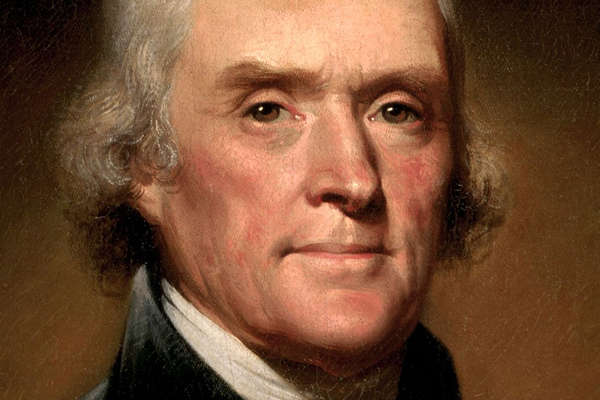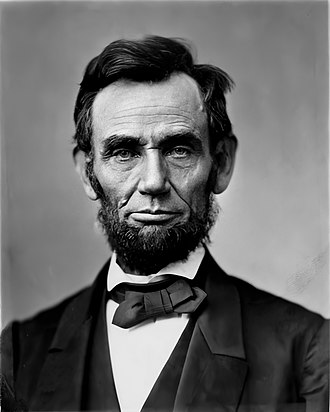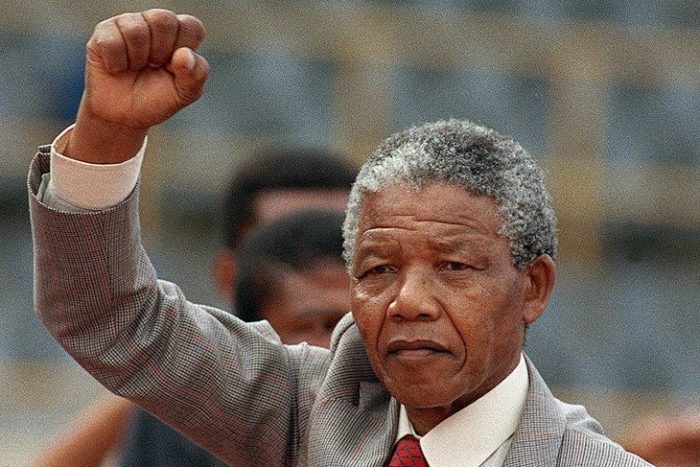Characterizing my sustainability journey in the language of presidents
Since I’ve been studying so much American history and seeing American presidents as role models, I couldn’t help stumbling on a characterization of my development.
Before I acted, when I knew the problems with pollution and depletion but contributed to them as much as everyone around me, I was like Thomas Jefferson speaking about freedom while owning slaves.

Today I still pollute and deplete, but far less than before. I’m more like Abraham Lincoln if he wore cotton clothes with cotton from the South—that is, still contributing to the problem but orders of magnitude less than Jefferson. He didn’t fuel his opponent’s rhetoric, as Jefferson did. They could say, “if he meant all men were created equal, he wouldn’t own slaves, but he does, so he didn’t. He meant all white men were created equal,” and people couldn’t argue back.

Today, most environmentalists are like Jefferson: no matter what they say, since they don’t try to live sustainably, they fuel their opponents.
If I include presidents of other countries, maybe I’m like a Nelson Mandela who still likely bought Apartheid-produced goods. He probably did all he could to resist funding the regime.
I was a Jefferson with slaves and now more of a Lincoln wearing cotton or Mandela buying Apartheid-produced goods.

Read my weekly newsletter

On initiative, leadership, the environment, and burpees